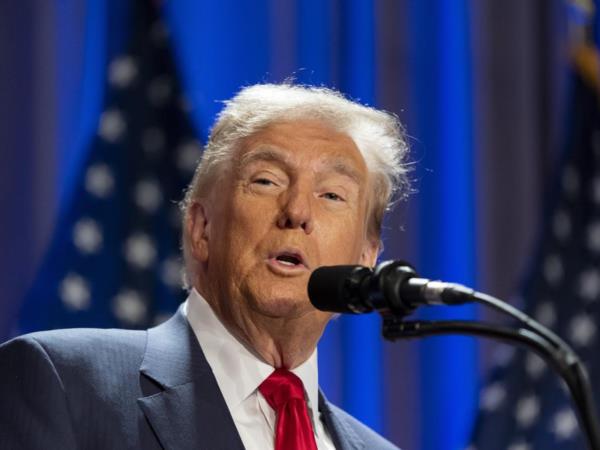
President-elect Donald Trump has outlined significant changes for education in the US, focusing on reducing the federal government's role in schools and empowering states and parents in determining educational content. His platform aims to eliminate what he perceives as 'left-wing indoctrination' in schools.
One of Trump's key proposals is to close the federal Department of Education, transferring education authority back to the states and potentially saving taxpayer dollars. However, this move would require congressional approval, and its feasibility remains uncertain.
Advocates for eliminating the Department of Education, such as former Education Secretary Betsy DeVos, suggest 'block-granting' federal funds to K-12 schools, allowing states more flexibility in fund usage.



Trump also supports universal school choice, advocating for parents to use public funding to enroll their children in schools beyond their designated neighborhood institutions.
Regarding student loans, the Trump administration may reconsider regulatory changes made under President Joe Biden, including the SAVE repayment plan, which is currently facing legal challenges.
In terms of transgender issues, Trump has pledged to 'keep men out of women's sports' and may seek to reverse Biden's Title IX rule expanding protections for LGBTQ+ students.
Additionally, Trump aims to enhance parental oversight of classroom curriculum, potentially influencing federal funding requirements for schools.
While Trump has not made specific promises on student loans or college financial aid, his administration will need to address Biden's loan forgiveness proposals and repayment plans currently in limbo.
Overall, Trump's education agenda emphasizes decentralization, school choice, and parental involvement, signaling potential shifts in US education policy under his administration.







